The Art of Reading Slowly - Why Speed Isn't Everything
Discover how taking notes while reading can transform you from a passive consumer of information into an active learner, helping you retain and apply knowledge for lasting impact

Discover how taking notes while reading can transform you from a passive consumer of information into an active learner, helping you retain and apply knowledge for lasting impact
From Reading to Learning: How Taking Notes Transformed My Reading Journey
Are you reading a lot but retaining little? You're not alone. Like many others, I used to consume books like snacks - quickly and mindlessly. But everything changed when I started taking notes while reading.
In this article, I want to share how note-taking while reading completely changed my relationship with books and learning.
Let me listen to this
I have used NotebookLM to generate a podcast version of this article. You can find it here:
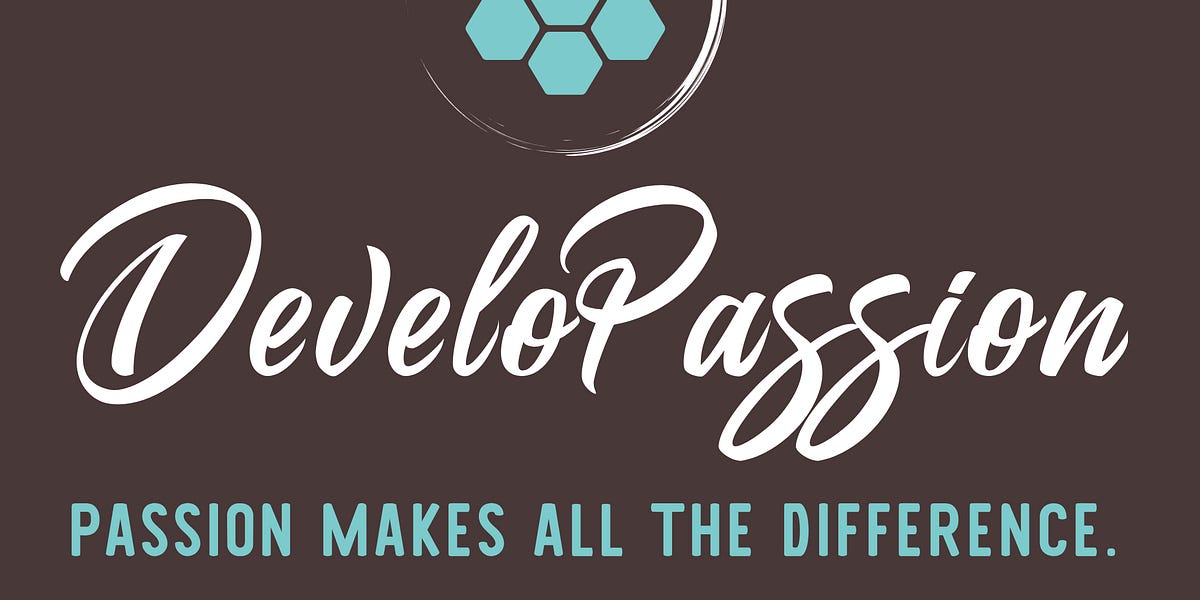
Introduction
It's easier than ever to access knowledge through books, articles, and courses. Many of us pride ourselves on the number of books we read each month. But here's the uncomfortable truth: without proper engagement with the material, most of that knowledge slips away faster than we'd like to admit.
According to the Forgetting curve theory of Hermann Ebbinghaus, we tend to forget about 50% of what we learn within days or weeks if we don't actively work to retain that information. This means that half of what you read last week might already be gone from your memory.
I want to share how I transformed from a passive consumer of information into an active learner by adopting one simple practice: taking notes while reading.
The Old Way: Reading Without Purpose
Before, my approach to reading was simple: get through as many books as possible. I'd proudly announce having read dozens of books each month. But when asked about specific insights or lessons from these books weeks later, I could barely remember more than a few key points.
I was flattering my ego with numbers, but I wasn't really learning. I was consuming information without digesting it. It was like trying to drink from a firehose – most of the water was just splashing away.
The Turning Point
The realization hit me hard: reading without taking notes was largely a waste of time. Sure, some general ideas might stick, but the deep insights, the transformative concepts, the life-changing perspectives – they were all slipping away.
This led me to completely reimagine my reading approach. Instead of racing through books, I decided to slow down and engage deeply with what I was reading. I came to this realization as I dived deeper and deeper into Personal Knowledge Management.

The Transformation
I started taking notes while reading, and everything changed. Here's what happened:
- Deeper Understanding
Instead of passively consuming information, I had to pay attention to truly understand what I was reading. Taking notes forced me to engage with the material in a way that simple reading never did. - Better Retention
By both reading AND writing the information, I gave my brain multiple ways to process and store the knowledge. This dramatically increased my retention of important ideas. - Connected Knowledge
The most "magical" transformation happened when I started connecting new ideas with my existing knowledge. Each book became not just an isolated source of information, but a contributor to an ever-growing web of knowledge.
The New Approach
Now, I focus on fewer books but extract much more value from each one. Instead of rushing through dozens of books monthly, I might read just a few. But the depth of understanding and the lasting impact of each book has increased exponentially.
Taking notes while reading:
- Forces me to think more deeply about each idea
- Gives me time to evaluate concepts against my existing knowledge and mental models
- Allows me to ponder how ideas relate to or differ from my current understanding
- Creates space to develop my own thoughts about what I'm reading
- Enables me to actually use and apply what I learn
The Results
The impact has been really deep. Instead of just accumulating books read, I'm building a personal knowledge system that grows more valuable over time. Each book I read now contributes to this system, creating connections and insights that wouldn't be possible with passive reading.
Most importantly, I'm not just reading anymore – I'm learning and growing. The ideas I encounter don't just pass through my mind; they become part of my thinking toolkit, which ultimately changes the way I think, plan, and act.
Going Further
Want to transform your own reading practice? Check out my previous articles on this topic:
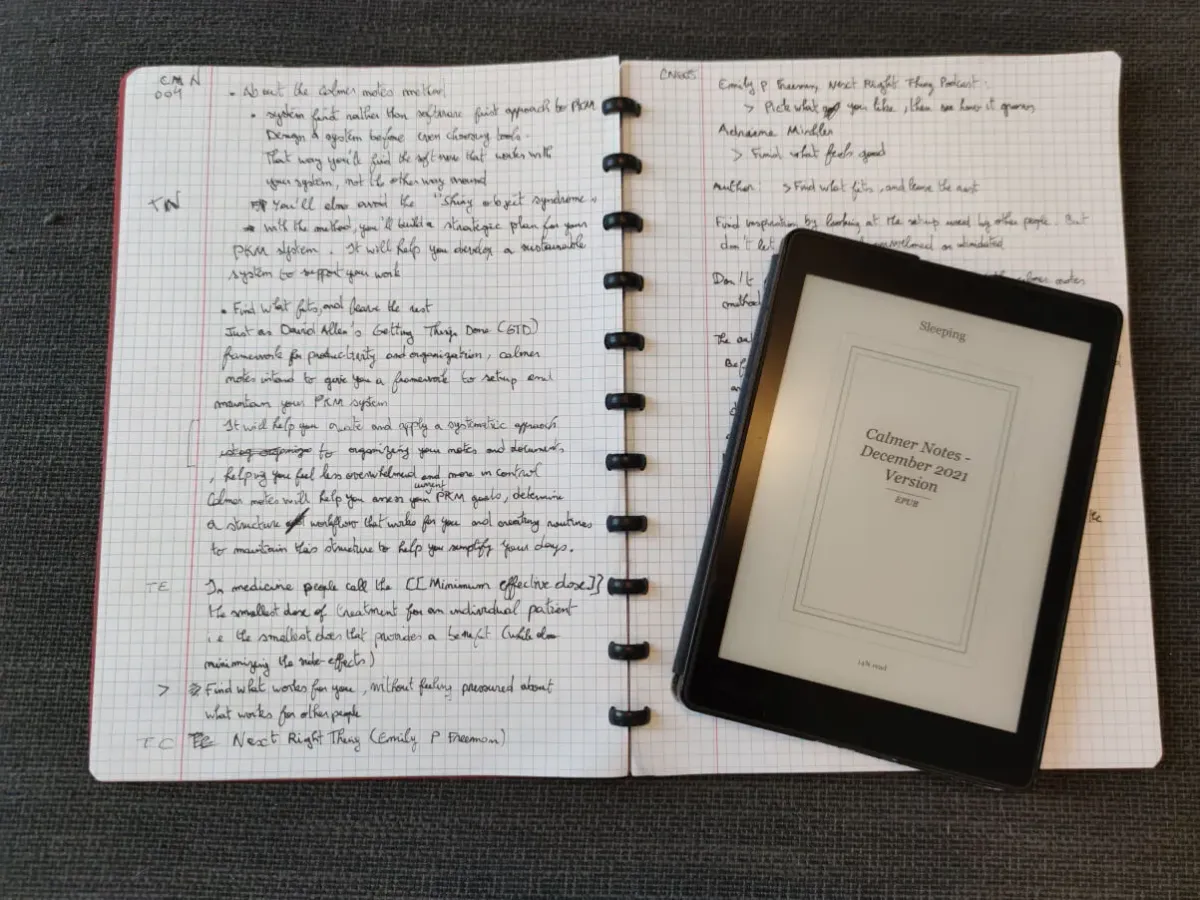
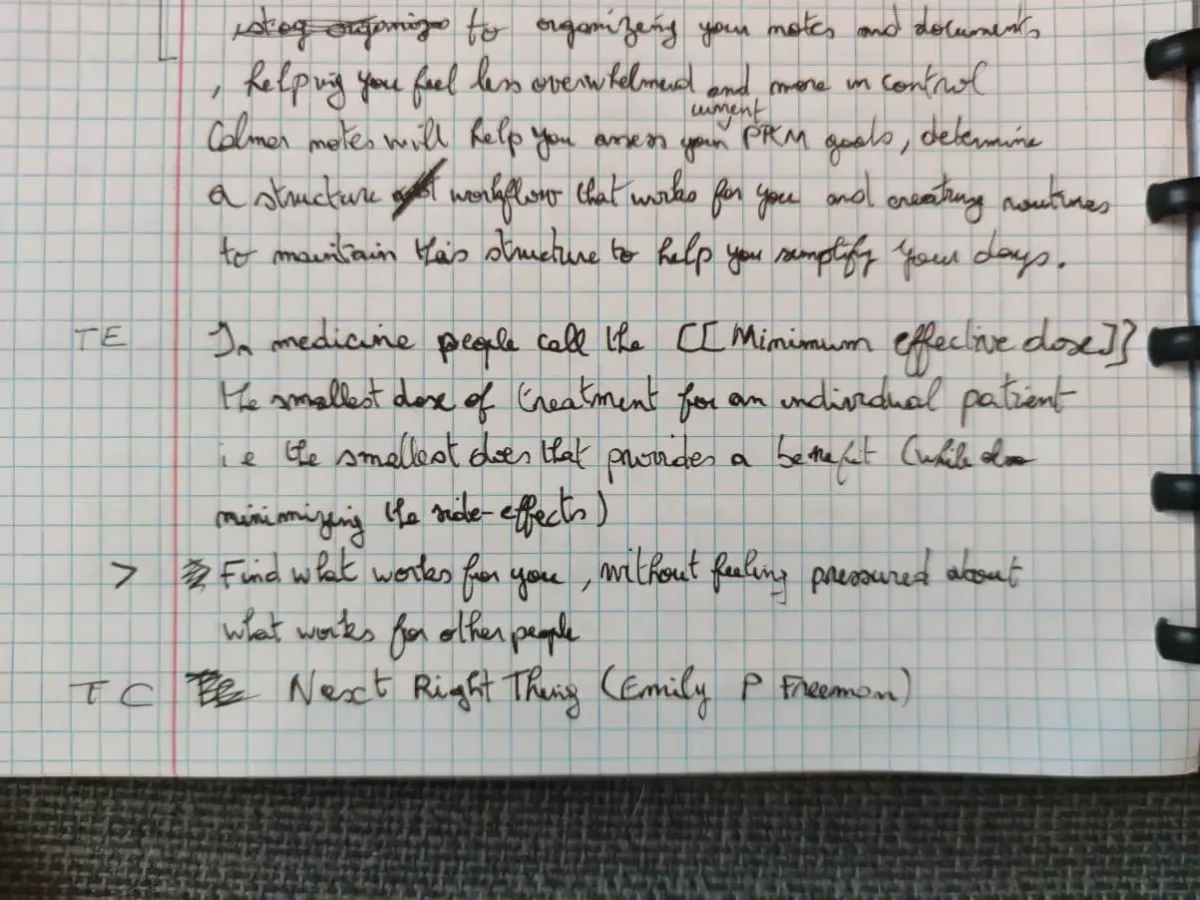
Also, consider exploring the Knowledge Worker Kit, which includes comprehensive guidance on building effective learning systems, note-taking practices, and knowledge management strategies. It will help you develop the skills and systems needed to make the most of everything you read.
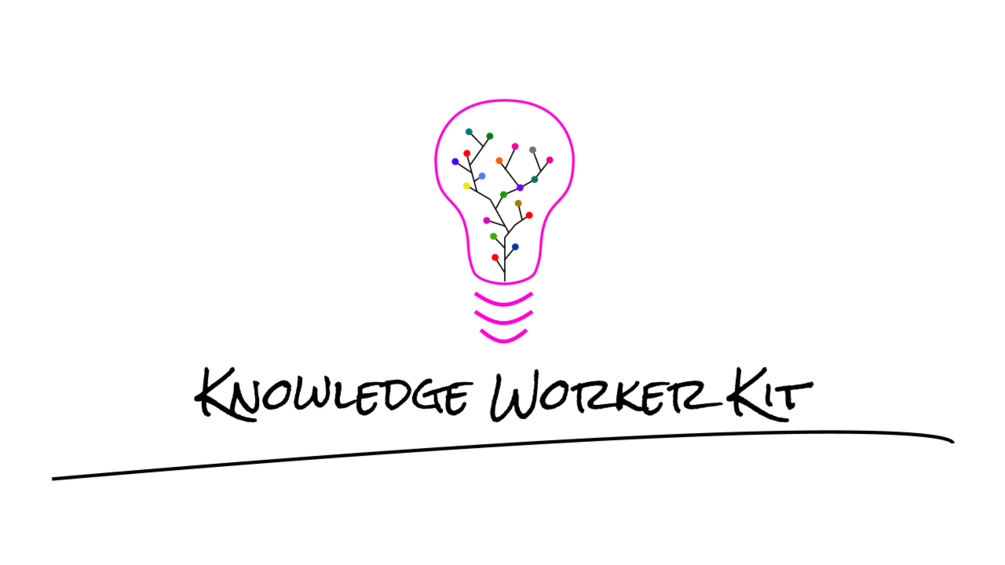
Last but not least, I also discuss this in my Obsidian Starter Course (included in the Knowledge Worker Kit):
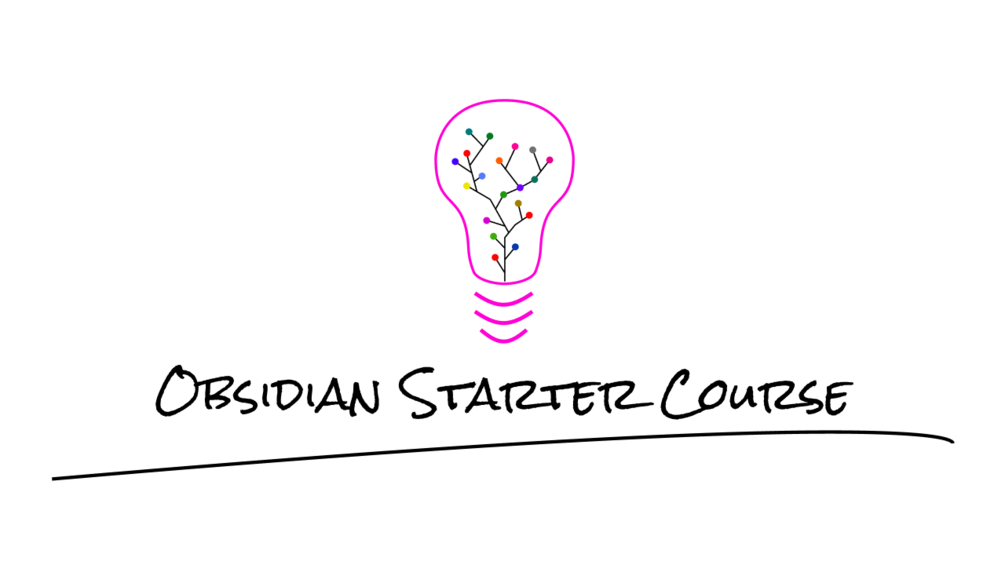
Conclusion
Taking notes while reading might seem like it slows you down – and it does. But this slowdown is precisely what enables deeper learning and lasting understanding. It's the difference between being a collector of books and a curator of knowledge.
Remember: the goal isn't to read more books; it's to learn and grow from what you read. Taking notes while reading is one of the most powerful ways to make that happen.
That's it for today! ✨
About Sébastien
I'm Sébastien Dubois, and I'm on a mission to help knowledge workers escape information overload. After 20+ years in IT and seeing too many brilliant minds drowning in digital chaos, I've decided to help people build systems that actually work. Through the Knowii Community, my courses, products & services and my Website, I share practical and battle-tested systems. You can follow me on X 🐦 and on BlueSky 🦋.
I am an author, founder, and coach. I write books and articles about Knowledge Work, Personal Knowledge Management, Note-taking, Lifelong Learning, Personal Organization, and Zen Productivity. I also craft lovely digital products.
If you want to follow my work, then become a member and join our community.
Ready to get to the next level?
If you're tired of information overwhelm and ready to build a reliable knowledge system:
- 🎯 Join Knowii and get access to my complete knowledge transformation system
- 📚 Take the Course and Master Knowledge Management
- 🚀 Start with a Rock-solid System: the Obsidian Starter Kit
- 🦉 Get Personal Coaching: Work with me 1-on-1
- 🛒 Check out my other products and services. These will give you a rock-solid starting point for your note-taking and Knowledge Management efforts











